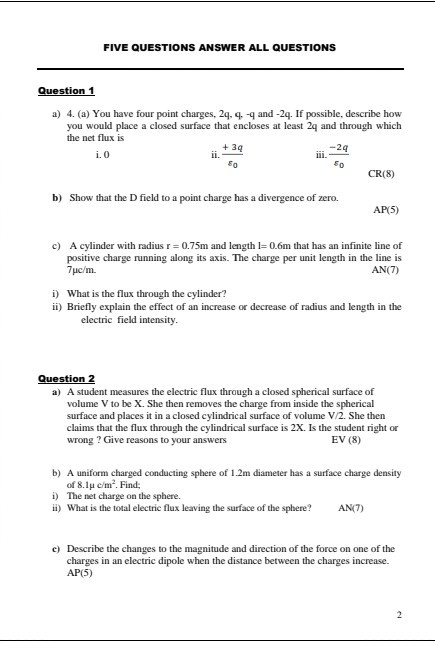To improve your results in your studies, work or personal life, do you need to focus on it?Before, more than the “during”. You wouldn’t jump in the pool until you know if there was water, and even without checking the temperature, do you have to do the same with your projects.
When faced with a change, a difficult task, or a new project, the first thing you need to do is not act, but ask yourself some important questions to identify where you are, where you want to go, and how you’re going to do it. Thinking before you start will help you understand the situation.
- Next.
- We’ll look at a selection of very useful questions to find out what your position is and help you plan your path to success.
“A good question is a seed that needs to be planted to produce more seeds, hoping to green the landscape of ideas. “John Ciardi-
It’s important to understand the reason for what you’re doing, whether it’s a goal, a task, a new habit or a project, knowing why you’re doing this should be the first question you ask.
This is especially important because understanding the reason for your actions can be an excellent motivating factor, so you can evoke it every time you feel weak and therefore receive an extra boost.
“Quality issues create a quality life. Do successful people ask better questions and, as a result, get better answers?. – Anthony Robbins-
Without clearly knowing what you want to accomplish, you can’t plan how to achieve it. Make it clear what you intend to accomplish and then make a plan to achieve it.
In general, defined and tangible objectives are much more effective than vaguely worded ones, and it’s impossible to succeed without knowing what it means, don’t you think?
You should be clear when you want to reach or finish your project, as well as milestones or milestones, for a medium- or long-term project, this will help you plan better and stay focused.
If your goal or goal depends on many factors, the deadline is most likely not met, however, you can still measure your progress.
It is normal to find inconveniences on the way to your goals. However, difficulties can be overcome more easily if we prepare for them, or at least if we consider that they may arise.
It will not always be possible to prepare, as many complications are unpredictable, but you can try to anticipate possible setbacks, in this way you can avoid some of the most obvious mistakes on the road to success.
Need to know the amount and resources you need and whether they are available: skills, time, money, people involved?
Be honest, both with your time and with your financial resources and skills. In addition, do not underestimate the responsibility or participation of others, directly or indirectly, even if it is a personal project.
The attention and effort you put depends on the importance of the goal or project, ask yourself what level of priority it has over other tasks and how much its deterioration affects everything else.
You should also take the opportunity to analyze the real value it offers you and whether it’s really worth it. You might want to start another project. Otherwise, understanding the true value of the project will help you improve your results.
With this question you will be able to develop strategies that will help you to be more efficient and productive, in addition to improving the results, by improving the quality of your work with useful and effective tools and using your skills, you will get better results.
Knowing how to manage time will also be very useful, for this you will need to delegate tasks, prioritize the most important ones, plan effectively and avoid multitasking, among others.
To achieve this, think about the elements of your entire strategy that you can improve today. As you implement your plan, your responses will become more specific and, as a result, contribute greatly to improving your results.
“Neither the problem nor the question is knowledge; on the contrary, they are recognitions of ignorance, but a space open to knowledge, promoting the researcher beyond what he knows. Intelligence is therefore not the ability to solve problems, but above all the ability to pose problems, that is, to invent research projects.

